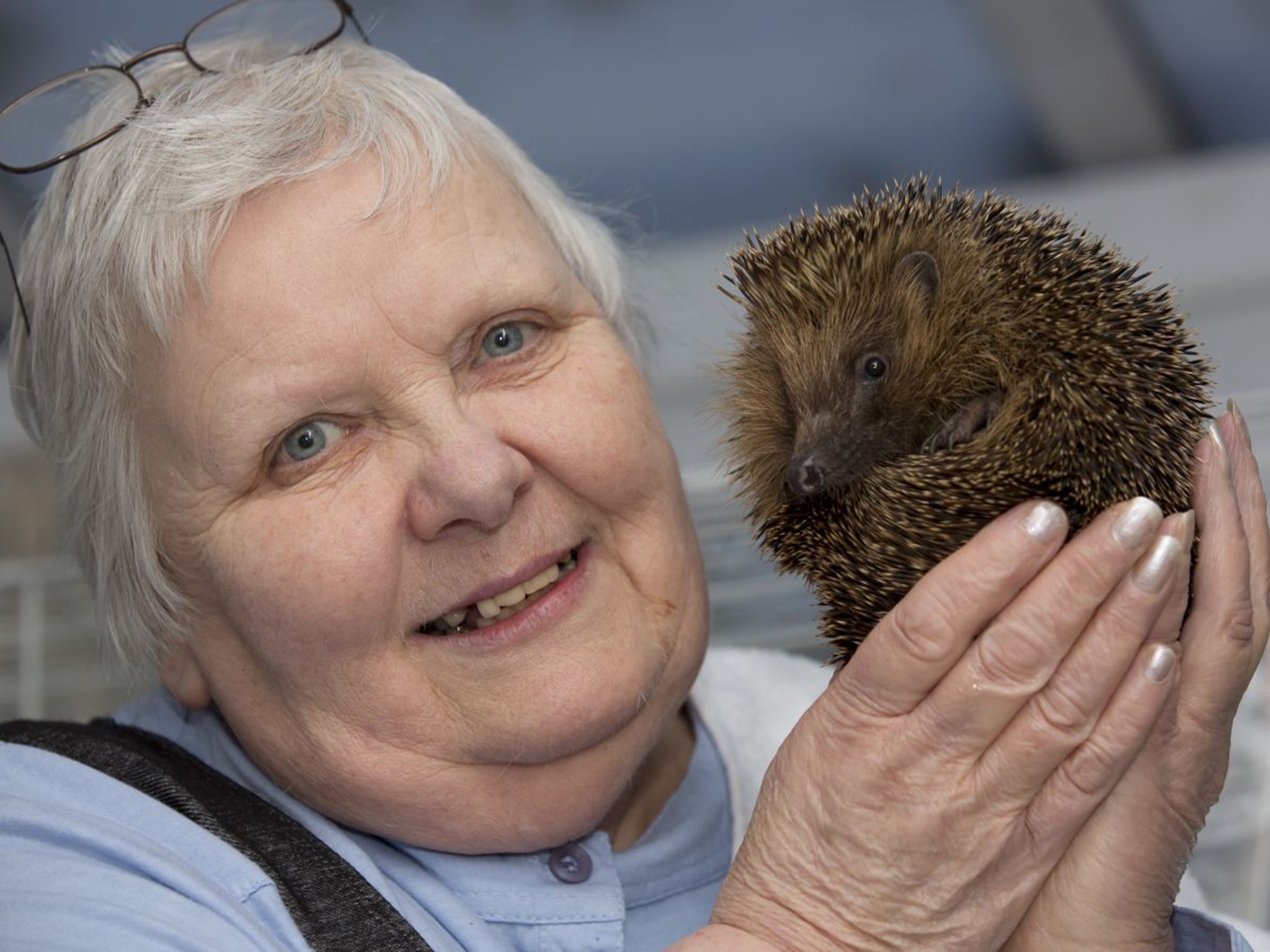Page 3 Profile: Barbara Roberts, hedgehog saviour

What’s the prickly issue of the day?
A human incarnation of Beatrix Potter’s hedgehog washerwoman Mrs Tiggly-Winkle has made it her mission to tackle the hedgehog population crisis. Barbara Roberts has cared for thousands of the creatures in her home in Withington, Manchester, but has warned action needs to be taken to ensure the animals’ survival.
Has she always been an animal lover?
A qualified wildlife rehabilitator, Ms Roberts founded the Withington Hedgehog Trust in 2002. In her home, which she transformed into a sanctuary for the injured creatures, she has stockpiled food, medicine, equipment and incubators and she devotes her time to nursing the hedgehogs back to health before releasing them into the wild.
Can she house many hedgehogs?
“The most hedgehogs I’ve had at one time is 600 and that was about three years ago,” Ms Roberts told The Times. She explained she is currently looking after 250 hedgehogs and attributes that figure to their declining numbers.
How does she fund this enterprise?
Out of her own pocket – she spends about £12,000 of her own money rehabilitating wildlife every year. “I get very, very little donations,” Ms Roberts said. “At the moment there’s one standing order of £10 a month.”
So this is a labour of love?
“I feel like I’m their mum,” said Ms Roberts, who was appointed MBE in the New Year’s honours list. “I hand-rear them and wipe their bottoms and feed them like newborn babies... But I always remember that they are wild animals. They’re not mine.”
She added that releasing the hedgehogs into the wild was “like sending them to university”.
What do the numbers look like?
In the 1950s there were about 30 million hedgehogs in the UK, according to the British Hedgehog Preservation Society. By 1995 this had fallen to about 1.5 million; recent figures suggest that there are fewer than one million today.
“It’s getting worse and it’s not going to stop,” said Ms Roberts. “There won’t be any hedgehogs in future unless we do something about this.”
Join our commenting forum
Join thought-provoking conversations, follow other Independent readers and see their replies
Comments
Bookmark popover
Removed from bookmarks